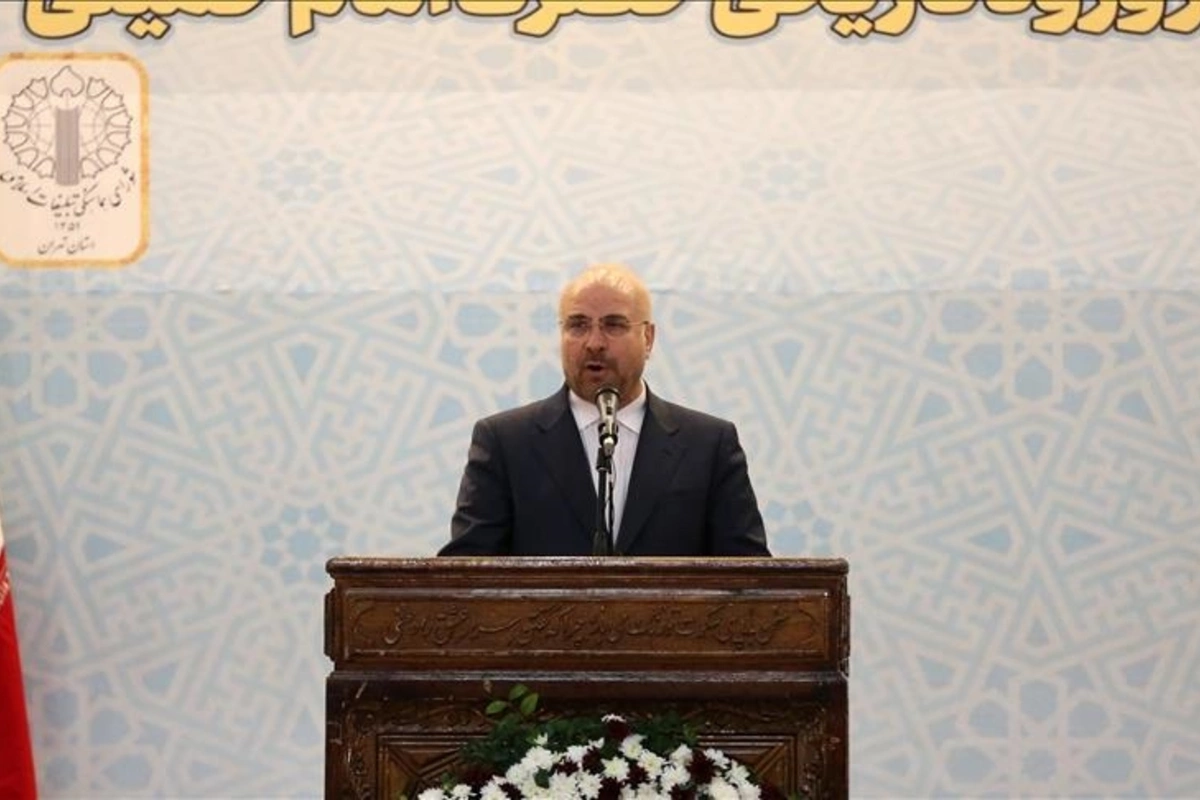
During the winter of 2023, Ghalibaf noted, the country faced a 250-million-cubic-meter daily deficit in the gas sector, even with industry shutdowns and pressure drops.
Photo: Anadolu Agency
Iran's Parliament Speaker Mohammad Bagher Ghalibaf has issued a stark warning about the growing energy crisis in the country, urging immediate action to prevent further deterioration as winter approaches.
Mohammad Bagher Ghalibaf’s remarks came during a review of the Energy Commission's report on seasonal power outages and fuel shortages for Iran's thermal power plants on Tuesday, The Caspian Post reports, citing Iranian media.
"Energy is one of the country’s significant opportunities but look at the current situation. This summer, we faced over 15,000 megawatts of consumption imbalance," Ghalibaf said, highlighting industrial production losses of 1.5% during the same period, according to the Parliament’s Research Center.
"This is detrimental to both producers and the government, as the government cannot collect taxes from their profits."
Iran’s natural gas production has slowed significantly, with a production growth rate in the past three years reaching just a third of the previous decade’s pace. Much of this slowdown stems from the aging South Pars gas field, which accounts for 75% of the country’s output but is experiencing natural declines. International sanctions have compounded the issue, preventing the acquisition of advanced production platforms.
During the winter of 2023, Ghalibaf noted, the country faced a 250-million-cubic-meter daily deficit in the gas sector, even with industry shutdowns and pressure drops.
This shortage has resulted in widespread power outages and industrial declines. Iran’s steel production, for instance, fell by 45% in the summer, while the petrochemical sector, heavily reliant on natural gas, has been operating at only 70% capacity.
Ghalibaf attributed part of the crisis to inefficiencies within the ministries of oil and energy, saying that their lack of coordination has exacerbated the problem.
“There is a conflict of interest between these two ministries. Both have grown so large that their coordination is no longer manageable by senior officials,” he said. He urged the government and parliament to collaborate with experts to resolve these institutional issues and address organized fuel smuggling, which siphons off 25 to 30 million liters of refined products daily.
Share on social media